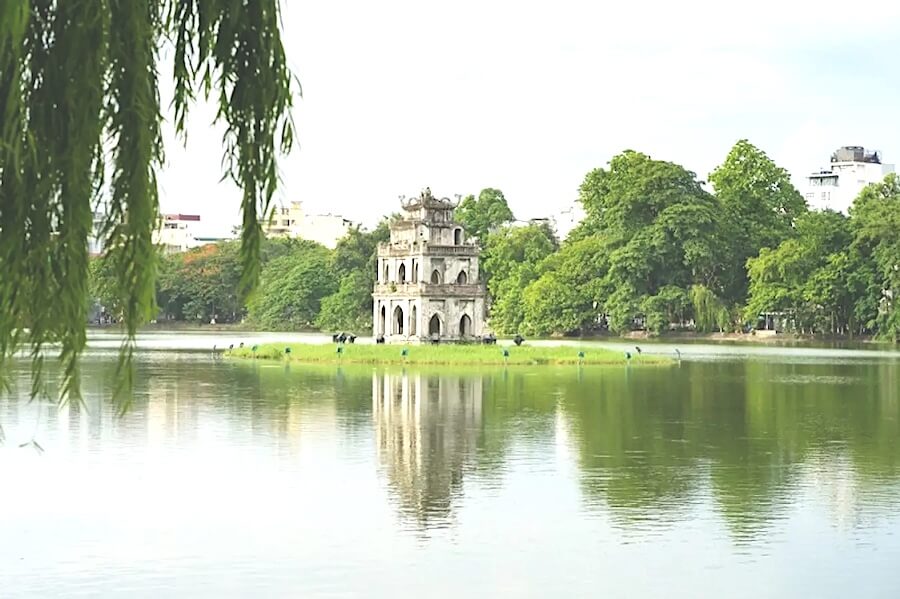Hanoi is the capital, a centrally governed city, and one of the two special-class urban areas in the Socialist Republic of Vietnam. It is the largest city in Vietnam in terms of area and serves as the political center as well as one of the two major economic, cultural, and educational hubs in the country.
View more about Hanoi: #HANOI 36 STREETS
View more about Hanoi: #HANOI 36 STREETS
Hanoi has long been a center of politics, economics, and culture since the early days of Vietnamese history. As the capital, Hanoi hosts many cultural and entertainment venues, significant sports facilities, and is also chosen as the site for numerous international political and sports events. The city is home to many traditional craft villages and is one of the three regions with the highest concentration of festivals in northern Vietnam. It has a high Human Development Index, leading among the administrative units of Vietnam.
Hanoi's cuisine, with its unique characteristics, is also a major attraction for tourists. In 2019, Hanoi ranked second among Vietnamese administrative units in terms of Gross Regional Domestic Product (GRDP), eighth in GRDP per capita, and forty-first in GRDP growth rate. The city was awarded the title of "City for Peace" by UNESCO on July 16, 1999. The Imperial Citadel of Thang Long was also recognized by UNESCO as a World Heritage Site.
Hanoi's cuisine, with its unique characteristics, is also a major attraction for tourists. In 2019, Hanoi ranked second among Vietnamese administrative units in terms of Gross Regional Domestic Product (GRDP), eighth in GRDP per capita, and forty-first in GRDP growth rate. The city was awarded the title of "City for Peace" by UNESCO on July 16, 1999. The Imperial Citadel of Thang Long was also recognized by UNESCO as a World Heritage Site.



